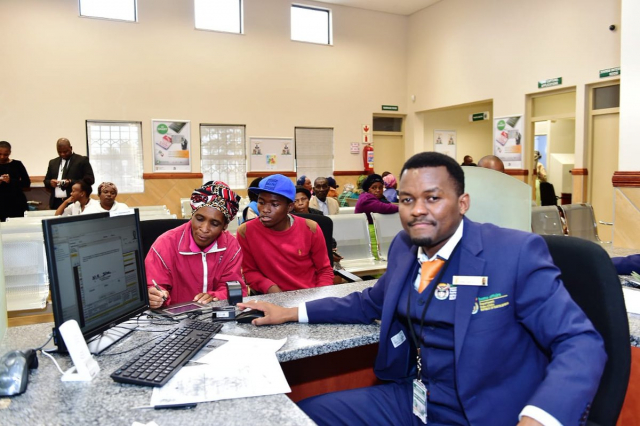
DHA Extends Operating Hours For IDs
The Department of Home Affairs has extended its working hours in anticipation of an increase in demand for services. “The Department of Home Affairs is extending operating hours to 7pm from 02 January to 10 January 2020 to meet the anticipated increase in demand for our services during the period before the schools reopen. The […]

The Department of Home Affairs has extended its working hours in anticipation of an increase in demand for services.

“The Department of Home Affairs is extending operating hours to 7pm from 02 January to 10 January 2020 to meet the anticipated increase in demand for our services during the period before the schools reopen. The extension of operating hours excludes the weekend when the offices will be closed,” said the department on Thursday.
At the beginning of each year, the Department of Home Affairs experiences increases in demand for enabling documents such as issuance of smart ID cards and passports; birth and death certificates and for amendments and rectifications.
This year, the department will ensure that everyone who is inside an office at the time of closing receives the required services.
“Office managers/supervisors are to apply their discretion to close the office 30 minutes prior to knock off time, subject to the number of people being serviced. This is to allow officials to conclude all the necessary work before 7 pm. The Department encourages people intending to visit our offices to do so as early as they can on their preferred day,” it said
The department said it hopeful that those who have applied for smart ID cards but were unable to collect them because of time constraints to come and collect them.
“The Department is deeply concerned by the amount of uncollected smart ID cards by people who have applied for them.”
Home Affairs Minister Dr Aaron Motsoaledi urged the parents of Christmas and New Year’s babies to register the births of the children at the Department of Home Affairs within 30 days.
“After registration, the children will have birth certificates, their first enabling documents. People who do not have birth certificates usually have difficulties in acquiring other enabling documents and accessing some government services in future,” said the department.
Source: SAnews.gov.za
